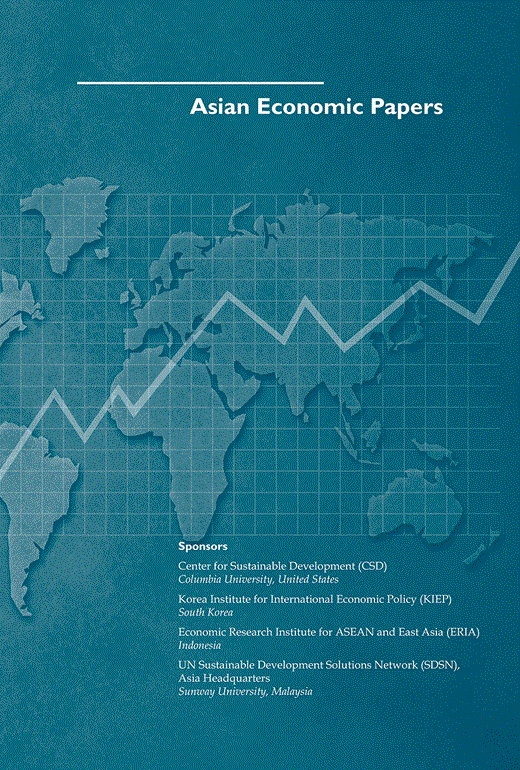日本如何应对COVID-19?大数据与购买行为
IF 5.3
3区 经济学
Q1 ECONOMICS
引用次数: 11
摘要
日本被公认为成功控制了新冠病毒的传播。这项研究的目的是通过观察我们的购买行为,收集防止感染在日常生活中传播的见解。我们使用来自超市、便利店、家庭中心、药店和电子产品零售店的销售点(POS)数据进行全国范围的分析。我们的分析揭示了以下几点。首先,日本人主动戴口罩、使用含酒精的消毒剂、漱口等,积极防止了感染的传播。第二,他们愿意在半封锁期间呆在家里。第三,无论感染水平高低,他们都继续购买预防感染必需品。我们的结论是,继续戴口罩,洗手和消毒,漱口,以及花更多的时间在家里保持安全距离,将有效减少病毒的传播,并与大流行作斗争。最后,感染和死亡主要集中在东京大都市区和关西地区,这些地区的感染传播性质与中小县不同。本文章由计算机程序翻译,如有差异,请以英文原文为准。
How Did Japan Cope with COVID-19? Big Data and Purchasing Behavior
Japan has been recognized as having successfully controlled the spread of COVID-19. This study aims to gather insights to combat the spread of infection in our daily lives by observing our purchasing behavior. We use point of sales (POS) data from supermarkets, convenience stores, home centers, drug stores, and electronics retail stores for a nationwide analysis. Our analysis revealed the following. First, the Japanese actively prevented the spread of infection by voluntarily wearing masks, using alcohol-based disinfectants, and gargling. Second, they willingly stayed home during the semi-lockdown. Third, they continued to purchase infection prevention essentials during periods of both low and high levels of infection. We conclude that continuing to wear masks, wash and sanitize hands, and gargle, along with spending more time at home to maintain safe distancing, will be effective in reducing the spread of the virus and combatting the pandemic. Finally, infections and deaths were primarily concentrated in the Tokyo metropolitan area and the Kansai region, where the nature of the spread of the infection was different from that in small and middle-sized prefectures.
求助全文
通过发布文献求助,成功后即可免费获取论文全文。
去求助
来源期刊

Asian Economic Papers
ECONOMICS-
CiteScore
7.50
自引率
0.00%
发文量
16
期刊介绍:
The journal Asian Economic Papers (AEP) is supported by several prominent institutions, including the Center for Sustainable Development at Columbia University in the United States. This shows that there is a strong emphasis on sustainable development within the journal's scope. Additionally, the Korea Institute for International Economic Policy in South Korea, the UN Sustainable Development Solutions Network (SDSN) in Malaysia, and the Economic Research Institute for ASEAN and East Asia in Indonesia also sponsor AEP. The articles published in AEP focus on conducting thorough and rigorous analyses of significant economic issues pertaining to specific Asian economies or the broader Asian region. The aim is to gain a deeper understanding of these issues and provide innovative solutions. By offering creative solutions to economic challenges, AEP contributes to the discourse and policymaking that impact the Asian economies and region as a whole.
 求助内容:
求助内容: 应助结果提醒方式:
应助结果提醒方式:


